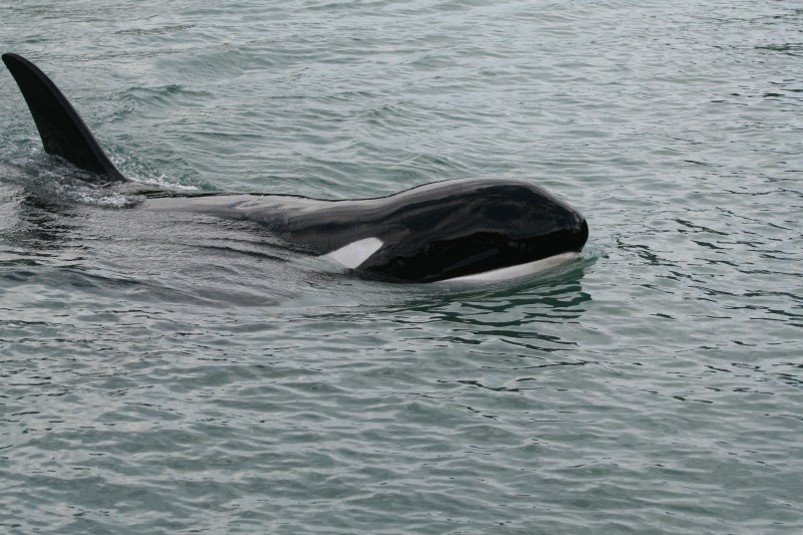
Not all fisheries are unsustainable, but many still have a long way to go. Illegal, unreported, or unregulated fishing accounts for more than 15 percent of the world’s total annual fisheries output. Some estimates suggest that 42 percent more fish have been caught by countries than reported. This means that fisheries management decisions are being made with incorrect or limited data.
Destructive fishing methods, such as bottom trawling and drift net fisheries, indiscriminately destroy delicate seabed communities and ensnare and kill non-target fish and other marine life. An estimated 650,000 whales, dolphins and seals are killed annually as a result of bycatch (entanglement) in fishing nets. Such estimates do not include the numerous sea turtles, birds, and other marine life that are also killed in wasteful and unselective fishing practices.
This loss of life is a massive threat to marine ecosystems. Although driftnets are banned in many countries, one driftnet fishery for swordfish remains in the United States in federal waters off the coast of California. OPS worked with partners Turtle Island Restoration Network, SeaLegacy, Sharkwater, and Mercy for Animals to ban the use of the nets in this California fishery. https://seaturtles.org/newssection/victory-sea-governor-signs-bill-end-driftnets-california/
Although aquaculture is offered as a possible solution to alleviate fishing pressures on the world’s oceans, fish farms and the cultivation of other sea life for consumption, whether on land or within sea pens, also carries risks to coastal ecosystems. British Columbia is the only region on the Pacific coast of North America that continues to allow open-net fish farms to operate. These farms can spread disease and pollution, posing a threat to wild salmon populations and the marine mammal communities that feed on them. OPS supports SeaLegacy’s efforts to support First Nations communities living in the Pacific Northwest and their campaign to ban the harmful introduction of Atlantic fish stocks into west coast waters. To learn more: https://www.sealegacy.org/pages/fish-farms